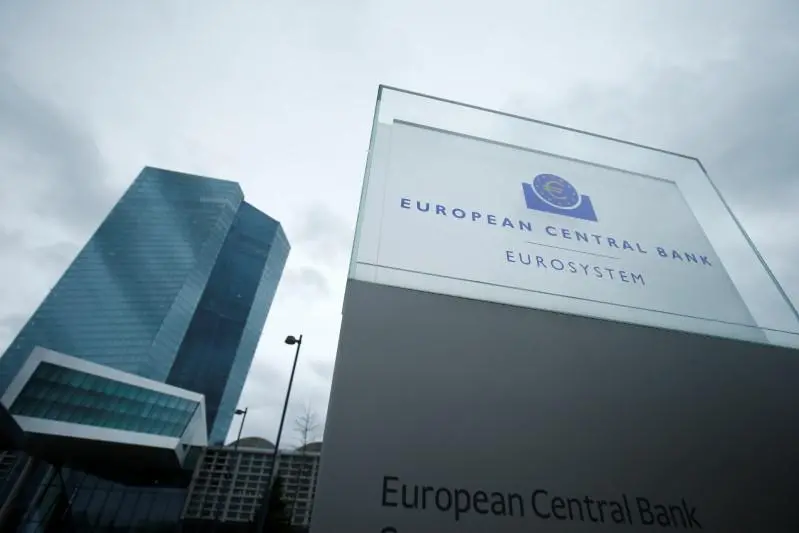PHOTO
Rapid European Central Bank rate hikes lowered inflation modestly last year but the biggest impact is expected only in 2024, the ECB said in an Economic Bulletin article on Monday, reaffirming a long-held view that policy works with big lags.
The ECB has raised rates by a combined 375 basis points since July to curb inflation which hit double digits last autumn and will take until 2025 to fall back to the bank's 2% target.
"Most of the impact on inflation is expected to be seen in the period from 2023 onward, with that impact peaking in 2024," the ECB said.
"The tightening of policy is estimated to have lowered inflation by around 50 basis points in 2022, while the downward impact on inflation is expected to average around 2 percentage points over the period 2023-25," it added.
Inflation is still 7% across the 20 nations sharing the euro and underlying price growth is becoming increasingly stubborn, suggesting that its slowdown will be protracted, even as energy and commodity prices have tumbled.
The ECB added that rate hikes' impact on growth is quicker and the bank was already curbing activity, which in turn cools demand and holds back price increases.
"The transmission to economic activity is faster, with the impact on GDP growth expected to peak in 2023 and a downward impact of 2 percentage points on average over the period 2022-25," the ECB added.
Monetary policy normally works with 12- to 18-month lags and some policymakers used this argument to slow the pace of rate hikes to 25 basis points this month, arguing that past moves are still working their way through the economy.
The ECB added that the reduction of its government debt portfolio is expected to lift 10-year bond yields by 55 basis points in the 2022 to 2025 period. (Reporting by Balazs Koranyi; Editing by Toby Chopra)





















